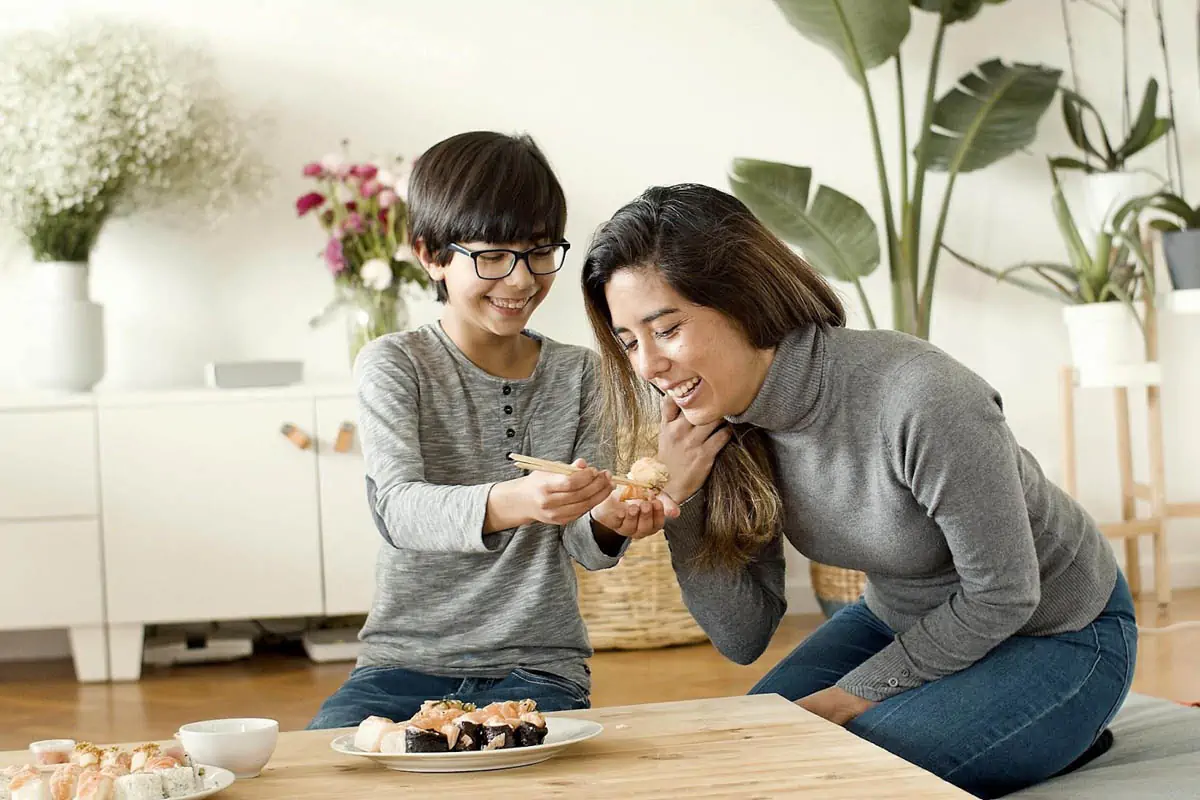The novel coronavirus pandemic is changing the world in ways that we are still trying to understand. For the first time in recent memory, businesses are forced to close (at least temporarily), transportation networks are on a standstill, and people are ordered to stay at home.
As of this writing, there is still no clear indication when lives will return to pre-COVID-19 conditions. Governments and health experts are warning that, possibly, the only key to the "old normal" is a vaccine or treatment against the new coronavirus disease. In the meantime, everyone is obliged to follow health and sanitation guidelines, as well as rules on movement outside of homes.
While strict quarantine guidelines are provided for everyone going to public places, you are still implored to practice measures to protect yourself and others from the highly infectious COVID-19 disease.
Here are recommended house rules for condo renters.
1. Observe social distancing in common areas
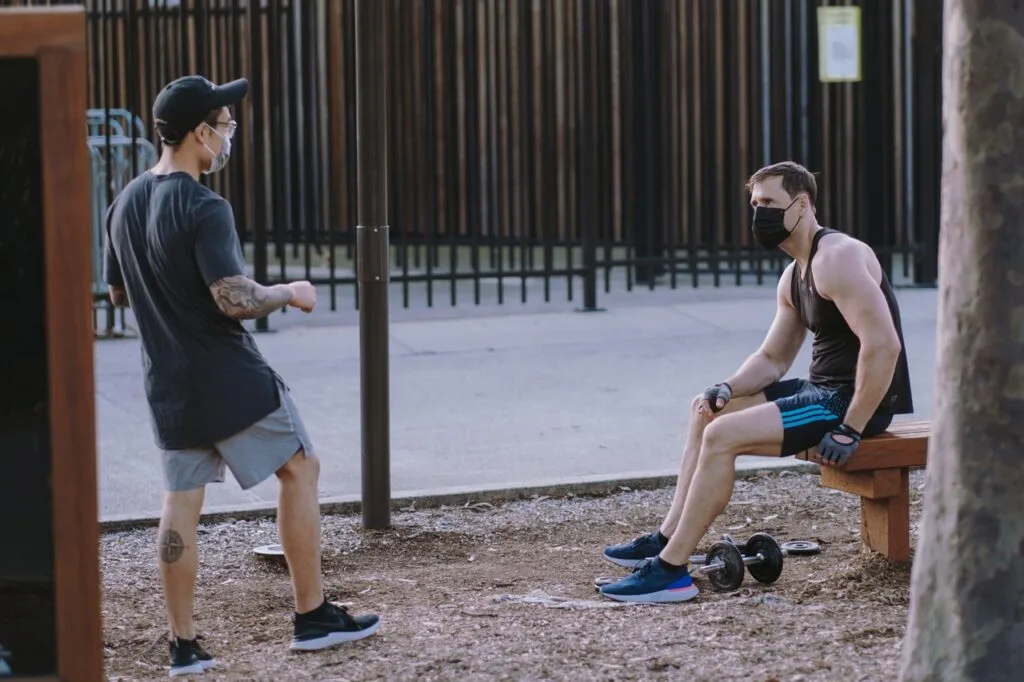 Photo courtesy of Kate Trifo via Pexels
Photo courtesy of Kate Trifo via Pexels
Every condo tenant, whether an owner or a lessor, is required to follow and comply with the governing House Rules adopted by the Board of Directors of the Condominium Corporation.
This is to avoid inconvenience and embarrassment as a consequence of any violations. It is your duty as a tenant to stay updated with these rules, especially while your area is on community quarantine. All condo rules comply with existing laws. For instance, your condo may restrict the use of common areas per existing guidelines on social distancing.
Lower your risk of being infected or spreading the novel coronavirus by maintaining at least two-meter distance between yourself and others. By keeping your distance, you can avoid breathing in the droplets that may contain the COVID-19 virus.
Ensure that you observe proper social distancing, especially if you are in common areas or leaving the condo community.
2. Wear masks while doing outdoor activities
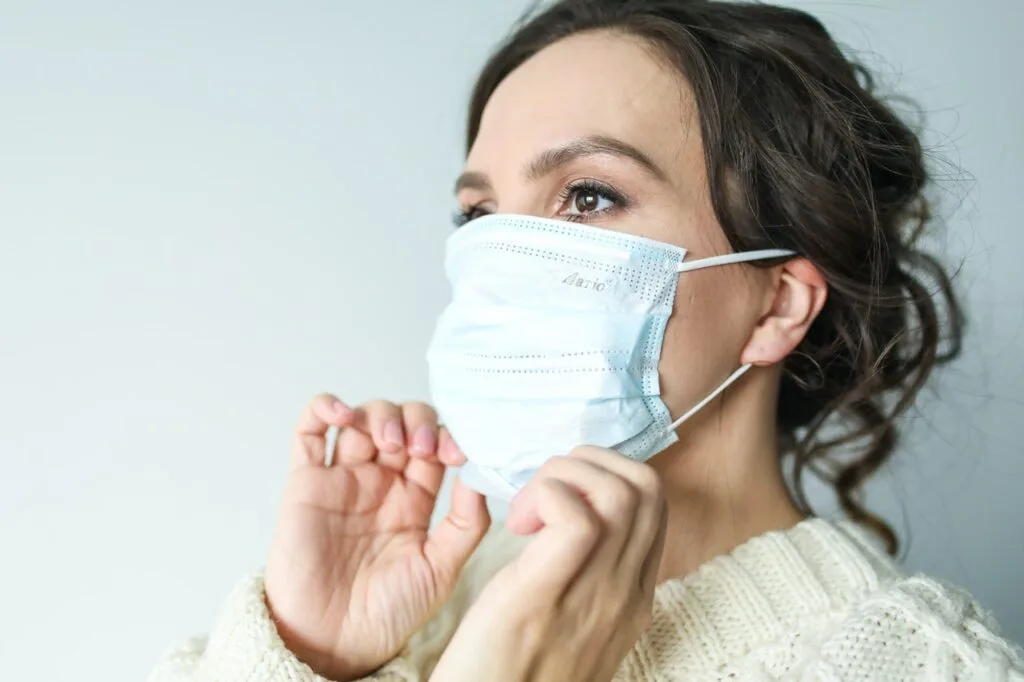 Photo courtesy of Polina Tankilevitch via Pexels
Photo courtesy of Polina Tankilevitch via Pexels
Limited outdoor exercises are allowed in areas with relaxed quarantine protocols such as Modified Enhanced Community Quarantine (MECQ) and General Community Quarantine (GCQ). Get your dose of vitamin C in the morning by taking a 30- to 45-minute walk around your condo community. You may brisk walk or jog on the open lawn or playground. You may also bike around the biking lane.
People living in GCQ areas may engage in limited contact sports like golf and tennis. Coordinate with the condo admin if you want to use the playing court for a badminton or tennis game. Under any community quarantine classification, gyms, fitness studios, and other similar enclosed spaces are not allowed to operate. You may do your prepared fitness game plan at home or in open spaces such as the gazebo or even near the pool area.
Remember to wear a face mask and observe a two-meter social distancing when doing outdoor physical activities.
3. Disinfect all materials coming from outside
Precautions are essential to prevent the spread of coronavirus. Health organizations that have researched and studied about COVID-19 say that one way of transmission is by touching surfaces contaminated with the virus. It is critical to clean and disinfect all materials that are coming from the outside before entering it at your home.
Use disinfectant wipes to quickly clean surfaces of your groceries or packages before using it. Ensure to keep face-to-face transactions at a minimum with the delivery personnel you interact with. It would be best if you also washed your hands after disinfecting the goods to prevent transmission of the virus.
Remember that disinfecting your home and anything you let into your home is the crucial factor in maintaining it safe and clean.
4. Make it a habit to wash your hands with soap and water
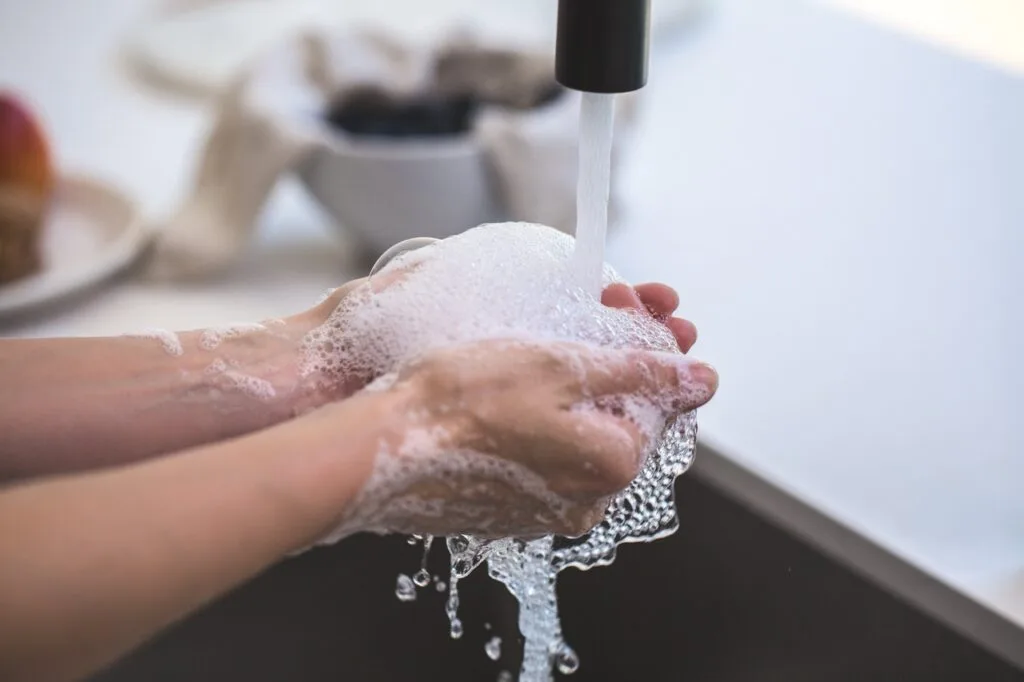 Photo Courtesy of Burst via Pexels
Photo Courtesy of Burst via Pexels
The use of alcohol and alcohol-based hand sanitizers is highly recommended when you are outdoors. But inside your home, washing your hands thoroughly with soap and running water is still the best way to protect yourself and others from COVID-19.
It is important to teach everyone in your household, including kids, on how to do handwashing properly. Apply soap on your wet hands and rub them together for at least 20 seconds. Scrub your palms, the backs of your hands, between your fingers and under your nails.
Wash your hands right after coughing or sneezing and when caring for the sick. It is also a must-do when preparing food, before eating and after using the toilet. Remember to properly wash your hands with soap and water after handling animals or cleaning animal waste.
5. Keep your condo home clean and sanitized
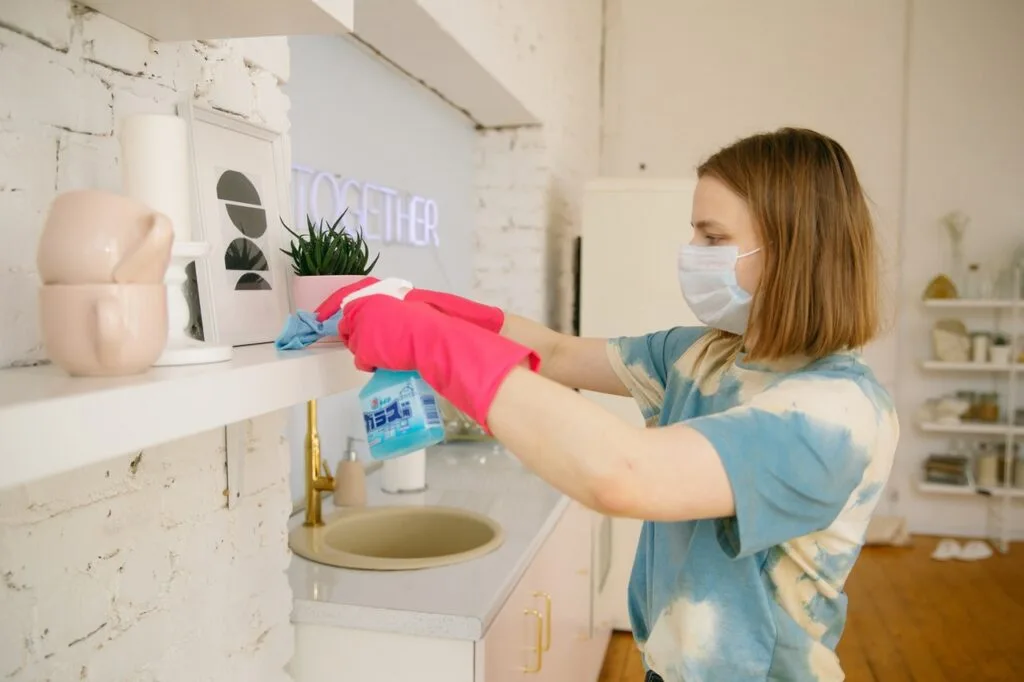 Photo Courtesy of Polina Zimmerman via Pexels
Photo Courtesy of Polina Zimmerman via Pexels
Many diseases come from bacteria and viruses. By regularly cleaning and disinfecting your home, you reduce your chances of getting sick.
Clean hard surfaces with a detergent or soap and water, then disinfect it with a bleach solution. Make a solution by mixing 5 tablespoons of bleach into a gallon of water. Hard surfaces include tabletops, door handles, chairs, and toilet seats.
Soft surfaces such as rugs and drapes with visible contamination should be washed in the laundry. You should also clean and disinfect electronics such as smartphones, touch screens, and remote controls. Check the manufacturer's instructions or use alcohol-based wipes with at least 70% alcohol. Do not mix bleach with rubbing alcohol, which will make highly toxic chloroform.
Always wear disposable gloves when cleaning and disinfecting your home. Discard the gloves after each use, but if you are using reusable ones, make sure they are not used for any other purpose.
As the world strives to find a cure and vaccine against COVID-19, it is of great necessity that you take efforts to protect yourself and others from contracting it. Keep your surroundings clean and sanitized, and always observe social distancing. Wear a face mask when leaving your home. Disinfect your shoes before entering your condo and make it a habit to wash your hands properly. Most importantly, boost your immune system by doing healthy lifestyle changes like eating good food, resting well, and staying physically active.






